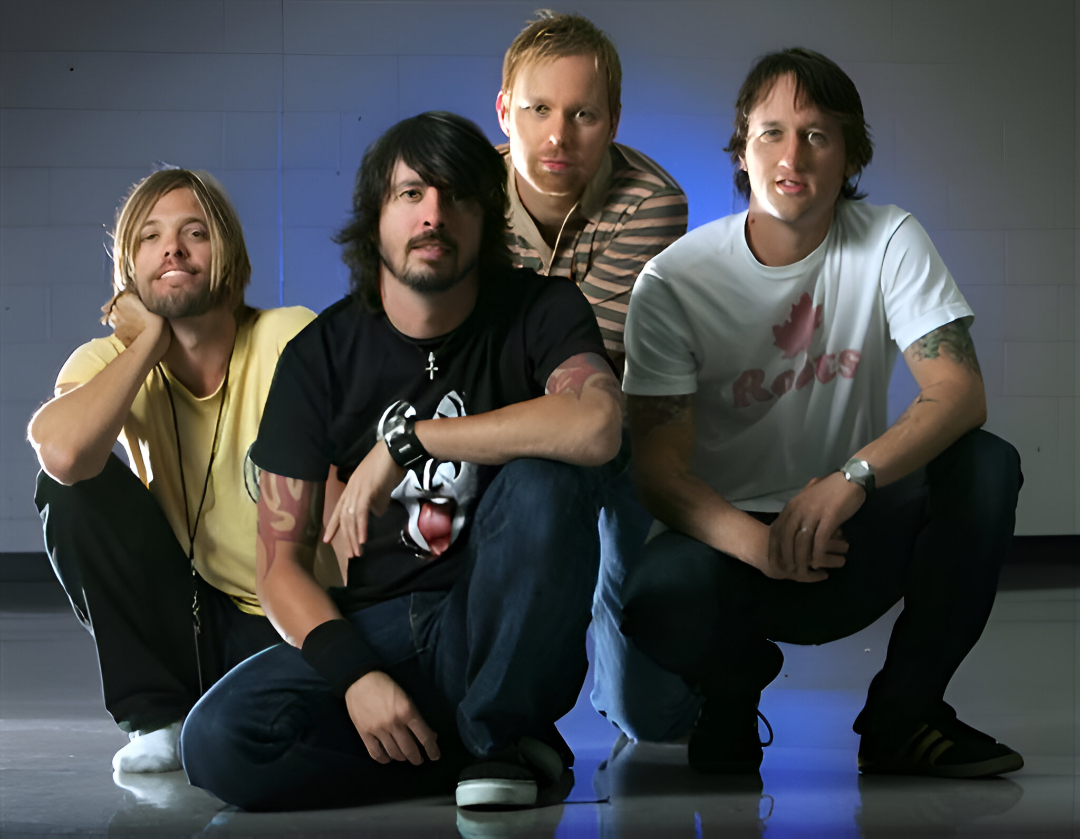When you think about rock and roll’s greatest rebellions, asking permission to smoke a cigarette probably doesn’t make the list. Yet here we are in 2025, watching Dave Grohl‘s band formally request government approval for what most rock stars consider Tuesday night behavior.
Foo Fighters’ Jakarta Concert: A Lesson in Cultural Diplomacy
The Foo Fighters’ upcoming October 2 Jakarta concert represents more than just another tour stop—it’s a masterclass in cultural diplomacy that would make Henry Kissinger proud. Local promoter Ravel Entertainment has secured what amounts to a behavioral hall pass for the band, allowing them to drink, smoke, and drop f-bombs on stage. “They’ve asked for the freedom to curse on stage, as well as permission to smoke and drink during the show,” said Ravel Junardy, the promoter of the show and the CEO of [checks notes] Ravel Entertainment. “As long as it doesn’t touch on sensitive topics like race, religion, or Indonesian cultural values, we’ll allow it.”
Navigating Indonesia’s Laws and Cultural Expectations
Indonesia’s position as the world’s largest Muslim-majority nation comes with strict regulations on alcohol, banning its sale in mini-markets since 2015, except in select tourist zones such as Bali. The country’s broadly defined decency laws carry serious consequences—punishments for breaking these laws seem to range from fines to years in prison. Other major Western acts like Taylor Swift and Metallica have navigated similar cultural negotiations across Muslim-majority countries, often modifying setlists or stage behavior to comply with local sensitivities. Suddenly, that backstage beer looks a lot more complicated than your average craft IPA selection, especially for artists headlining Foo Fighters’ return at the Singapore Grand Prix 2025.
Promoters as Cultural Intermediaries
What’s fascinating is how promoter Ravel Entertainment has positioned itself as a cultural intermediary, essentially becoming a quasi-regulatory body that assumes liability for hosting Western rock acts. It’s like having a translator, but instead of converting languages, they’re converting cultural expectations. The band can be themselves, within carefully negotiated boundaries that respect local sensitivities while preserving the authentic rock experience fans expect.
The International Concert Experience
If you’ve ever attended concerts while traveling internationally, you’ve probably witnessed these cultural accommodations firsthand—shortened sets in conservative regions, modified lyrics, or venue-imposed restrictions that initially seem bizarre until you understand the local context. Your concert experience becomes part cultural exchange, part entertainment, requiring artists and audiences to navigate unspoken agreements about appropriate behavior.
A 29-Year Homecoming and Band Redemption
This Jakarta show marks the Foo Fighters’ first Indonesian performance since 1996, making it a 29-year homecoming that coincides with their return to touring after frontman Dave Grohl’s public admission of having fathered a child outside his marriage. Add in their recent parting with drummer Josh Freese, and this concert carries the weight of both cultural significance and band redemption, especially in light of Josh Freese’s surprising Foo Fighters exit.
Balancing Authenticity and Local Respect
The practical implications extend beyond symbolic gestures. The band is importing 12 containers of stage and production gear, including special lighting not available locally, while also bringing their private chef. Yet they’re simultaneously embracing local culture by exploring Indonesian cuisine—a perfect metaphor for how international artists must balance artistic authenticity with cultural respect.
The Future of Global Touring: A Diplomatic Framework
Your concert experience will likely feel exactly like any other Foo Fighters show, which is precisely the point. The real achievement here isn’t the permission to curse—it’s creating a framework where rock authenticity can coexist with local values. This isn’t cultural imperialism or performative compliance; it’s sophisticated event production that respects both the artist’s creative needs and the host country’s social fabric.
As emerging markets across Southeast Asia, the Middle East, and other culturally conservative regions become increasingly lucrative for Western touring acts, expect this Jakarta model to become the industry standard. Promoters worldwide are likely watching Ravel Entertainment’s approach, recognizing that successful international expansion requires cultural fluency, not just logistical expertise. The future of global touring isn’t about forcing Western norms onto foreign markets—it’s about creating diplomatic frameworks that honor both artistic expression and local traditions.


























